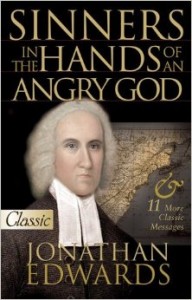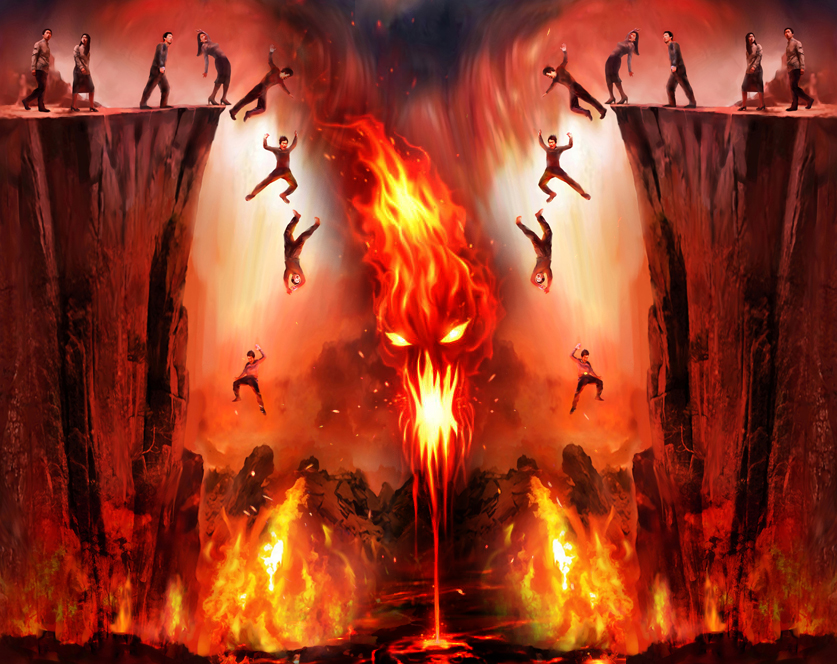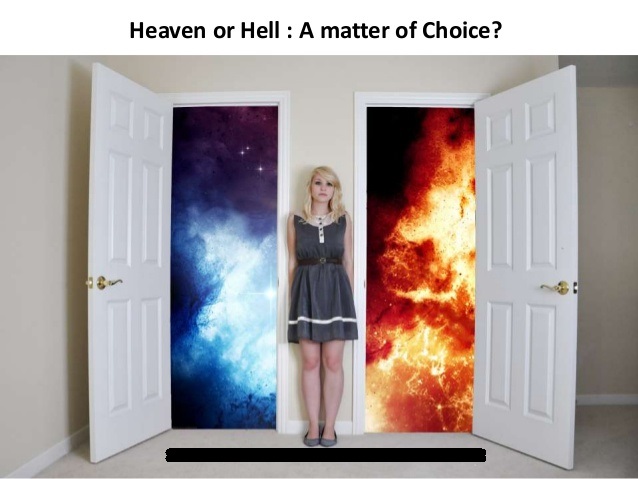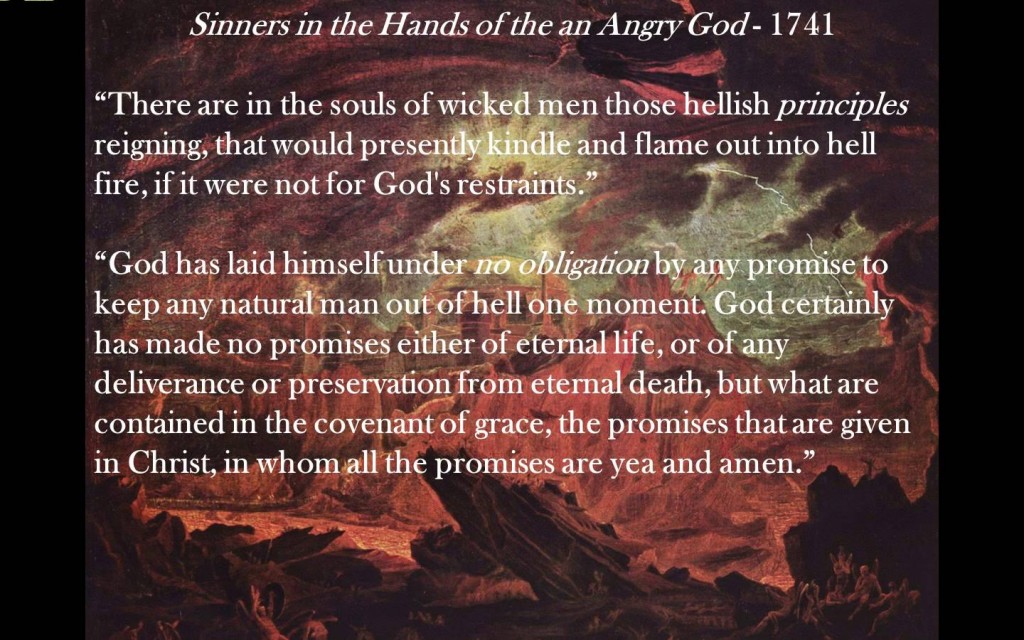By Wallace Henley
Noteworthy men, including a former president of the United States, erudite academics, acclaimed celebrities, and heads of corporations — to name a few — join a literal globe-circling flight into orgiastic behavior with allegedly underage women aboard an airplane owned by a convicted pedophile.
High school students livestream their own orgy for the viewing delight of their peers. No one worries about the pregnancy that might result because it can be taken care of with a flick of a scalpel.
The high office of the presidency arms crazed nations in its foreign policy, and on the domestic front orders the de-gendering of school restrooms, while the nation’s highest court redefines marriage.
Mad gunmen show they regard nothing as sacred as they blast away people at church, work, school, home, in theaters, and any other venue where they can maximize the mayhem.
Tyrants once again plot genocide and holocaust while terrorists exult in mass murder.
It comes to this: The less awareness of Hell in our hearts the greater expression of Hell in our behavior.
In the 1970s the respected psychiatrist Dr. Karl Menninger asked, in a book title, “Whatever Became of Sin?” Now it’s time to ask, “Whatever Became of Hell?”
It is not crazy to believe in Hell, but delusional to live without the consciousness of it. The proof is in the facts.
A Pew report several years ago found that 54 percent of Americans do not believe in Hell while 74 percent believe in the reality of Heaven. Some of the fault lies in the pulpit, which picked up a postmodern gospel emphasizing the existential rather than the eternal.
One pastor quoted in a Birmingham News-USA Today report said a cause was the fear of preachers that they may not be relevant. “I think we have begun to deny Hell. There’s an assumption that everybody’s going to make it to Heaven somehow,” said the minister.
Actually, however, research has shown that Hell is highly relevant to, of all things, economic practices. “What makes economics grow?” That question was posed in a Boston Globe report, titled, “Satan, the great motivator.”
There’s an answer “you might not have considered: hell,” said the Globe. The report cited research by economists showing that healthy religious belief and practice “can boost GDP by increasing trust within a society,” reducing corruption, and increasing a respect for law.”
“Those who believed in a punishing God cheated less,” discovered a researcher at the University of British Colombia. Harvard researchers Robert Barro and Rachel McCleary concluded from data gathered from sixty nations that belief in Hell stimulated economic growth. Niall Ferguson found that people who believe in Hell have a higher work ethic because of the implications of accountability to higher authority.
The American founders believed in this accountability to the Creator who had granted to human beings the foundational rights of life, liberty, and the pursuit of happiness.
 Most of them believed there would be a great day of reckoning at the summary point of human history. That idea spurred the constitutional framers to develop a government of mutual oversight and accountability, checks and balances. The pulpits in those days thundered with warnings of Hell. People shrieked when Jonathan Edwards (third president of Princeton University) spoke in the Great Awakening of “Sinners in the Hands of an Angry God.”
Most of them believed there would be a great day of reckoning at the summary point of human history. That idea spurred the constitutional framers to develop a government of mutual oversight and accountability, checks and balances. The pulpits in those days thundered with warnings of Hell. People shrieked when Jonathan Edwards (third president of Princeton University) spoke in the Great Awakening of “Sinners in the Hands of an Angry God.”
Even Thomas Jefferson saw the terrible logic of Hell. As a slave-owner he knew he and his society would someday face a higher court than any human bench. “Indeed I tremble for my country when I remember that God is just, that His justice cannot sleep forever,” Jefferson wrote.
It is the justice of God that helps frame the simple but terrible logic of Hell, which can be stated like this:
- God is love, and therefore everything He creates is for the purpose of relationship that receives and gives love.
- Love necessitates freedom, for love is not forced; love is not rape.
- Freedom requires choice, and in an absolute, transcendent system, the choices themselves must be absolute: absolute good or absolute evil.
- Love must permit consequence; otherwise the freedom is not authentic because the control element must always be present to protect people from the consequence of their choice.
- If the human spirit is eternal, as the Bible teaches, and one chooses Hell over Heaven, a loving God must with great reluctance permit that consequence.
- The mercy and justice of God are both absolute attributes, and are therefore perfect. If we don’t receive His absolute mercy all that’s left is His absolute justice.
“How can a good and loving God allow people to go to Hell?” many ask.
The real question, based on the logic, is, “How could a good and loving God who permits human freedom, and who, because He is both absolutely merciful and absolutely just, not grant human beings the consequence of their choice?”
So, Samford University theologian Kurt Selles, in the Birmingham News-USA Today report, said that pastors who don’t preach judgment are missing an important component of the Gospel. “Without wrath, there’s no grace,” he said.
That conclusion was at the heart of Horatio Spafford’s 1873 hymn, “It Is Well With My Soul”:
“My sin, oh, the bliss of this glorious thought!
My sin, not in part but the whole,
Is nailed to the cross, and I bear it no more,
Praise the Lord, praise the Lord, O my soul.”
Having lost the “bliss” of being saved from Hell many now substitute the pseudo-gospel of self-fulfillment. But Spafford had it right: We can’t have true wellness of soul until we appreciate what we have been saved from any more than we can admire the stars without the blackness of space.
That, too, is part of the terrible logic of Hell.









